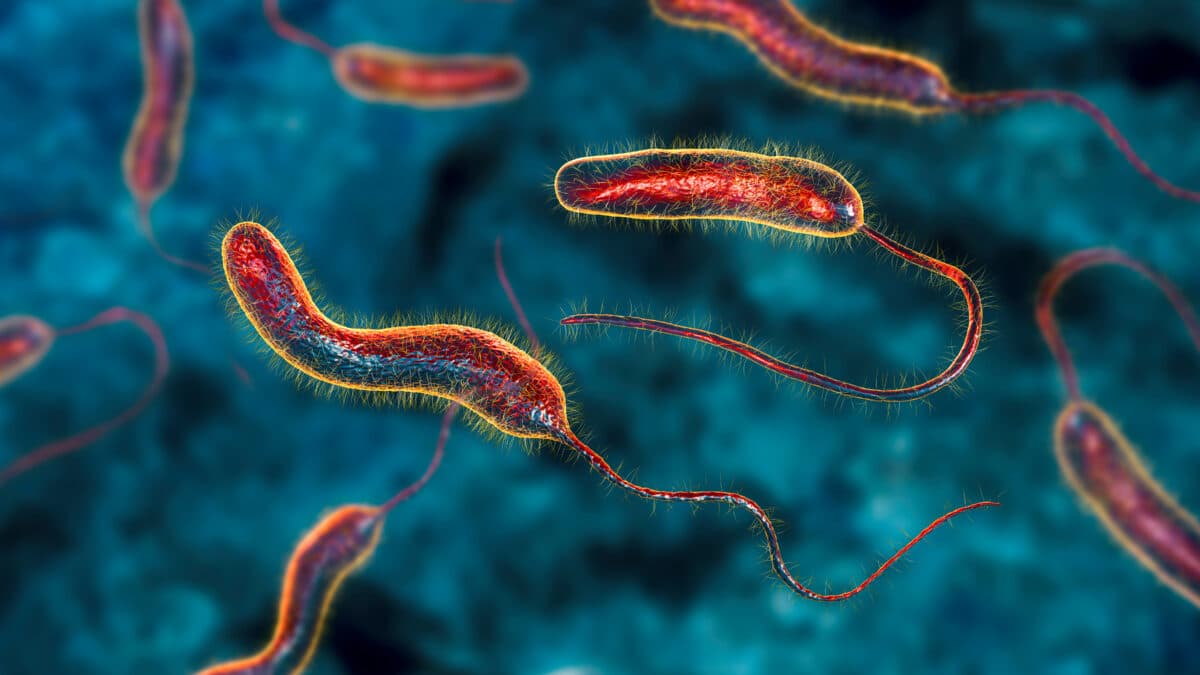Eric Hoffer’s Skepticism About Darwinism
ENV is pleased to welcome guest blogger Tom Bethell, a senior editor of The American Spectator and author of The Politically Incorrect Guide to Science (Regnery) and other books.
Many years ago I interviewed Eric Hoffer (1898-1983), and may have been the last journalist to do so. Widely known as the Longshoreman Philosopher, he was for years a member of the dockers’ union in San Francisco, but his views were not those of your typical stevedore. He had published The True Believer in 1951, and more books after that. Impressed by the breadth of his mind and the unconventional nature of his opinions, I wrote and asked if I could come and interview him. That was in 1980. He invited me to come.
He had written that “when God died in the middle of the 19th century there was immediately set in motion a process which tended to reverse the separation of nature and human nature.” Darwinism, and the intellectual currents of his day, “aimed to reduce human nature to nature.” Biologically, man was now seen as nothing more than “a superior monkey.” Politically, he was an automaton who could be manipulated by a Mao or a Stalin.
Hoffer’s refusal to join the parade of thinkers who accepted that man was little more than a boastful ape was perhaps his finest hour as a philosopher. It showed him at his most independent. And his perception of the unique qualities of man encouraged him to ponder man’s Creator.
Out of the blue, when I arrived in San Francisco, I asked Hoffer whether he believed in evolution. His reply was immediate: “It’s easier to believe in God.”
Read More ›








































